'Sanctions compound our misery': Syria quake survivors tell Press TV
By Hiba Morad
Ghofran, a 26-year-old medical student from Syria's port city of Latakia, hasn't slept or eaten since Monday's catastrophic earthquake that jolted vast swathes of the country, leaving a trail of death and destruction.
While Ghofran was lucky to survive, her best friend tragically breathed her life under the rubble of the building in which they lived.
Speaking exclusively to the Press TV website over the phone, she recounted the horror of the "apocalyptic" day when "all hell broke loose".
"People are traumatized and US sanctions only make things worse," Ghofran said, adding that people are "watching their loved ones die due to lack of aid and equipment".
Tens of thousands of people are presently putting up in makeshift shelters while many are still trapped under the rubble of buildings as the death toll continues to mount.
In Syria, most of the casualties have been in the northwest of the country, in the cities of Aleppo, Hama, Latakia and Tartus, according to the state news agency SANA.
The massive earthquake, with its epicenter in neighboring Turkey, struck in the wee hours of Monday morning and was followed by a series of high-intensity after-shocks.
Sanctions killed my friends, twice
What has compounded the misery of people amid the humanitarian crisis are crippling US sanctions, impeding and obstructing the flow of aid to the earthquake-hit Arab country.
Syrian Foreign Minister Faisal Mikdad in his remarks on Tuesday said US sanctions have aggravated the situation in the country, preventing the delivery of aid.
Ghofran acknowledged that the situation was "unbearable", with natural disaster and draconian sanctions making their life miserable.
“There was no equipment, no vehicles, almost nothing to help rescue my friend and others stuck under the piles of debris,” she told the Press TV Website.
“The US is killing my people, the Syrian people. When will the world understand that they need to do something about this? Until when do we have to live under sanctions and suffer?".
Ghofran said it was "really tough" to recall everything that happened that day
“I heard my friend. She was calling out for help from under the rubble, but I was unable to do anything. I started lifting some rocks with my bare hands and calling for help at the same time. I was having a nervous breakdown," she recounted.
“My friend died, with me standing right above her, helplessly. If we had what it took to bring her out, she could have survived."
Ghofran told Press TV website that she and her friends remain in shock, as they know more of their friends and relatives are still trapped and battling for their lives.
The medical student and her friends have been trying to help in some medical centers, also donating blood, or doing anything they can to save as many lives as they can.
More devastation to war-ravaged country
Sara, a Syrian journalist, speaking to Press TV website from one of the shelter zones in Latakia where people affected by the quake are staying, said she had not witnessed such a "devastating natural disaster” during her 11 years of activism.
“It has added more devastation to the already devastated country,” she said, describing the present situation as "catastrophic".
“People are in trauma, the aid is too little to cover their needs, and the situation is really painful,” she said. "The children break my heart, you can see trauma in their eyes."
The journalist said local paramedics and firefighters are trying to help, but the scale and magnitude of the catastrophe is massive and requires more rescuers, especially in cold weather.
“Thank God I was not affected by the earthquake myself, but I saw it with my own eyes," she remarked. “I have to tell you, it is deadly cold here, and I cannot imagine how will people survive under the rubble, with no food or water for days.”
US exploiting Syria’s catastrophe
People in Syria, cutting across social and economic lines, have been directly or indirectly affected by the earthquake, the worst in several decades.
"Millions of people have not only been inflicted by the earthquake but are also going through enormous pain to see their loved ones under rubble while they stand helpless and the world watches in silence,” Syrian actor Maen Abdel Haq told the Press TV website.
He said the Syrian people are aware of what is happening, and they realize that the US is not only indifferent to their plight, but is also weaponizing the natural disaster against them.
Hiba Morad is a Tehran-based academic and political analyst, currently pursuing a PhD in linguistics at the University of Tehran.
Bahraini police assaults crowds mourning loss of Ayatollah Khamenei
Iran posed no imminent threat to US: Pentagon tells Congress
Iran will hold no negotiations with US: Larijani
Despite Leader's martyrdom, Islamic Republic firmly in control and punishing the enemy
At least 31 killed in Israeli aggression on southern Lebanon after Hezbollah strikes
Iran writes to UN, warns about dire consequences for perpetrators following Leader's martyrdom
Hezbollah strikes occupied Haifa in retaliation for Leader's assassination
Ansarullah mourns Leader's martyrdom as 'great loss' caused by 'most wretched terrorists'


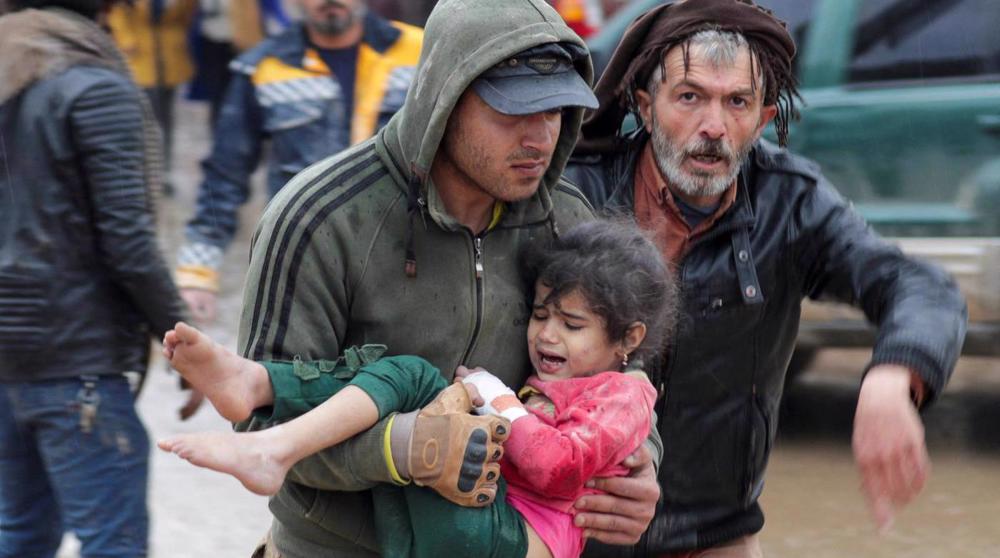
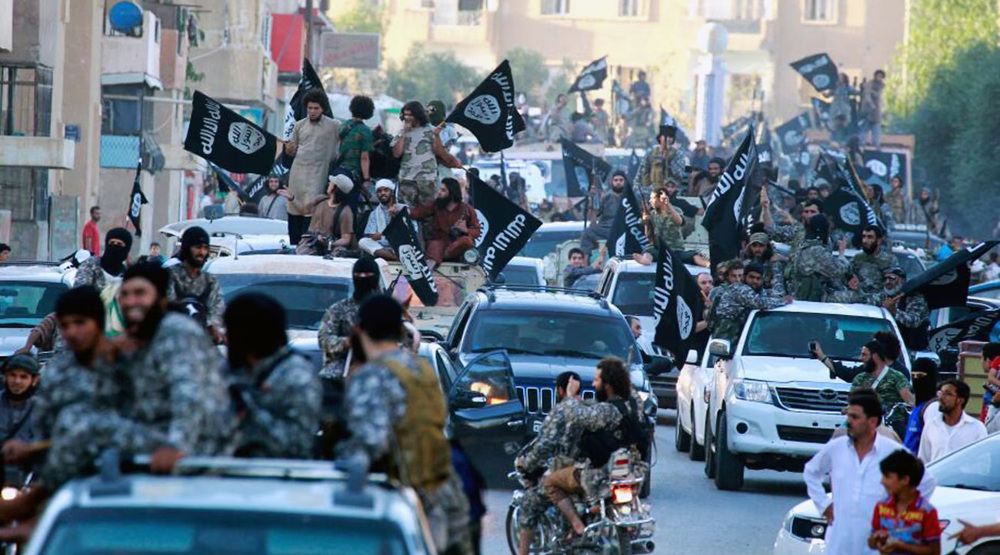
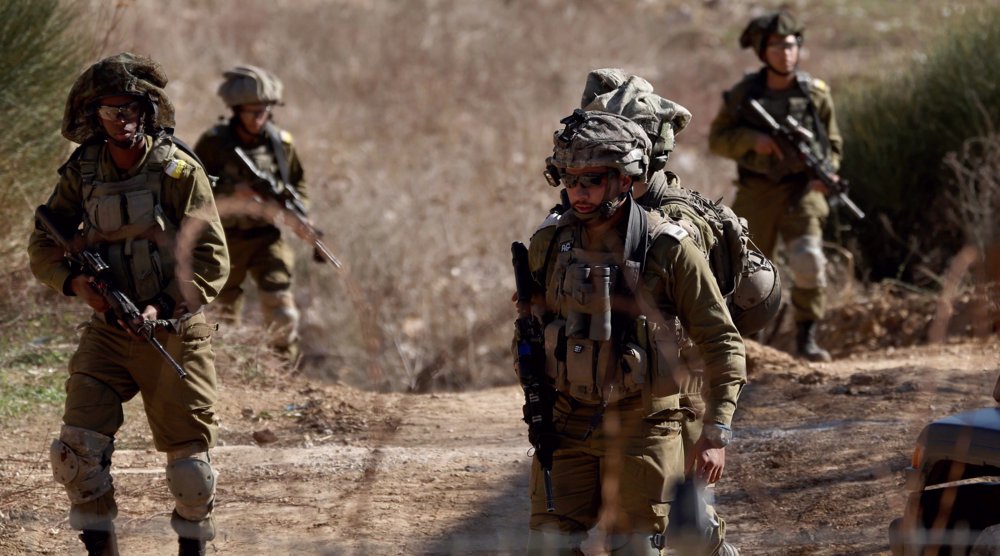
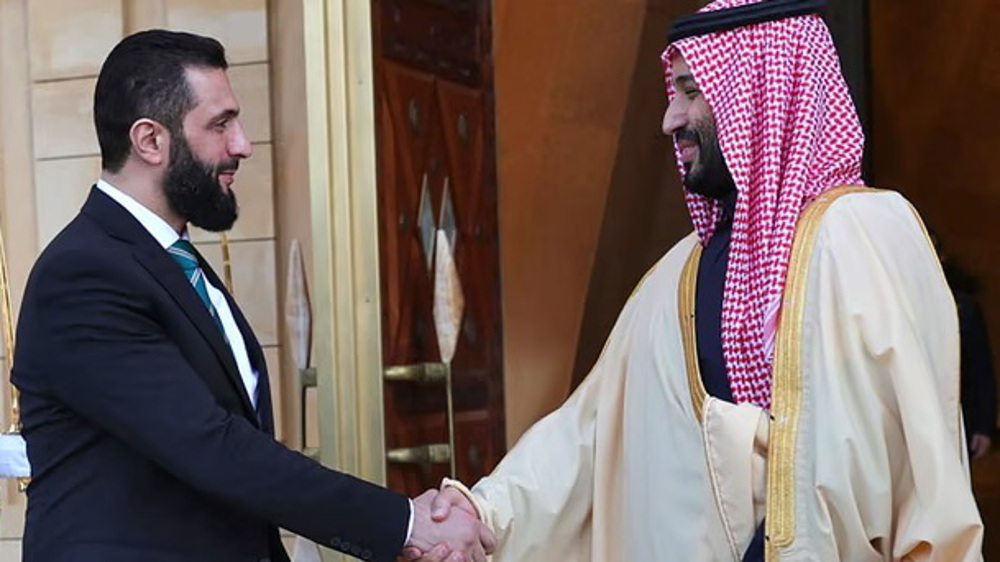



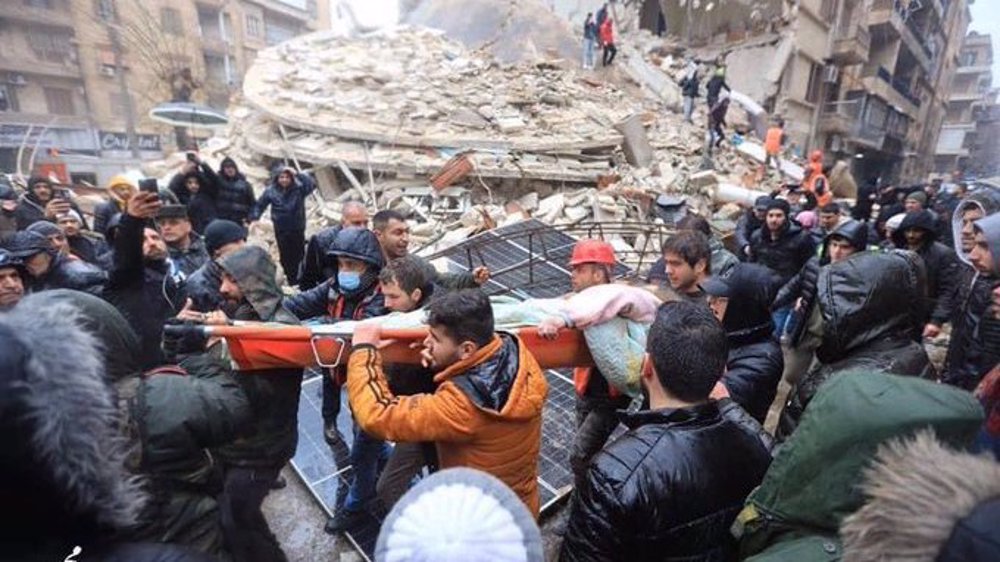
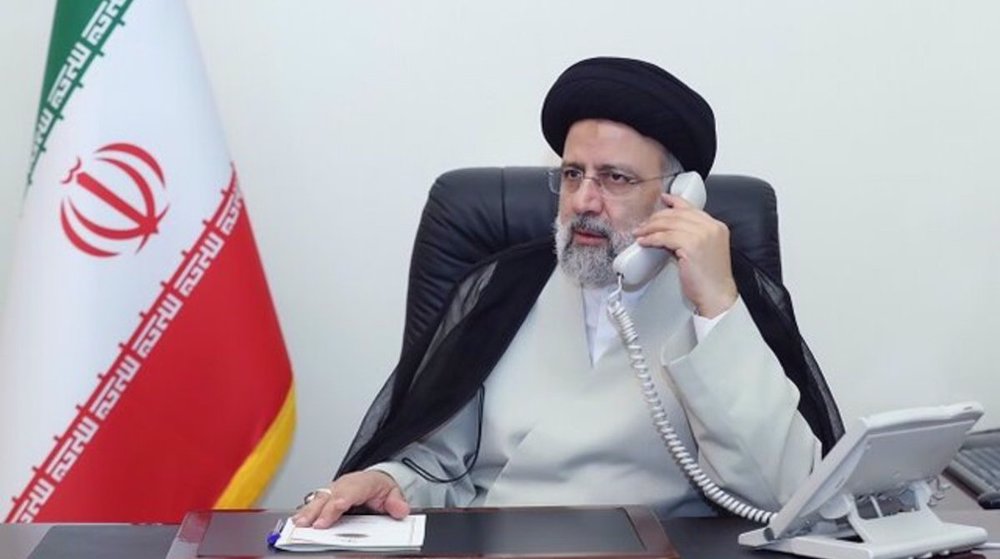
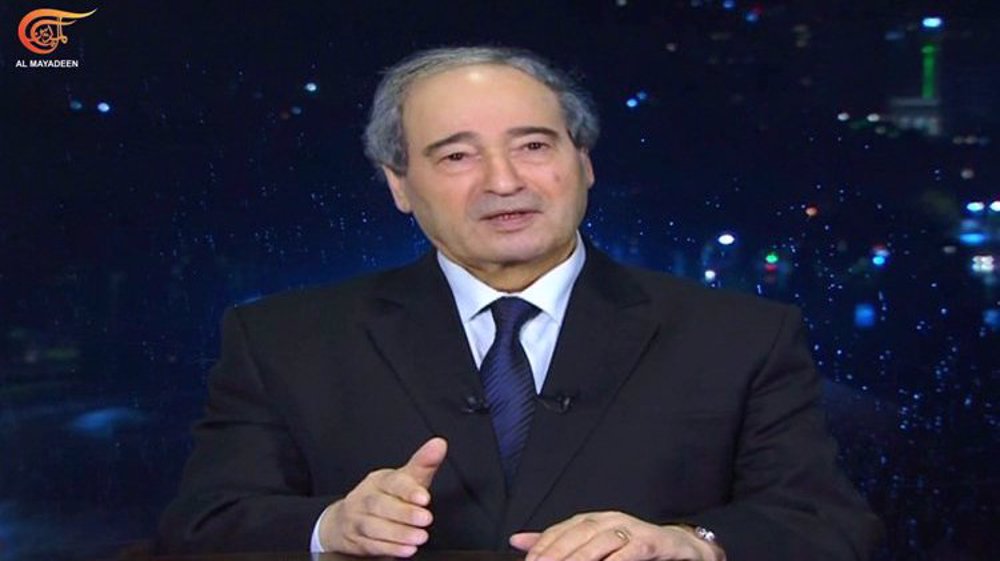

 This makes it easy to access the Press TV website
This makes it easy to access the Press TV website